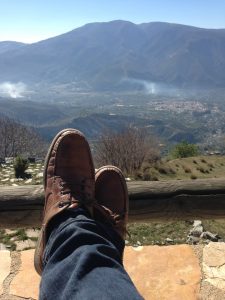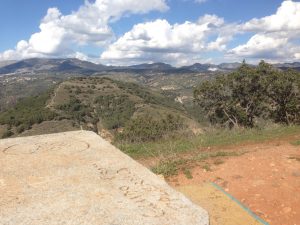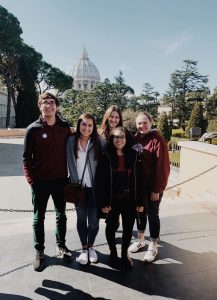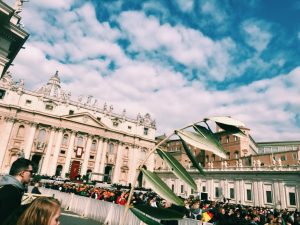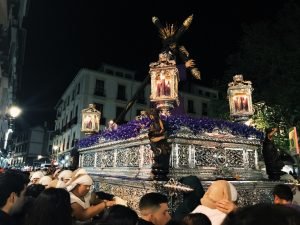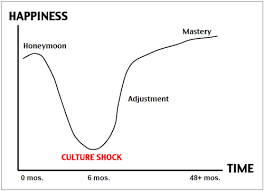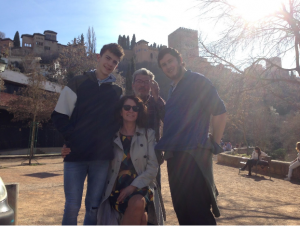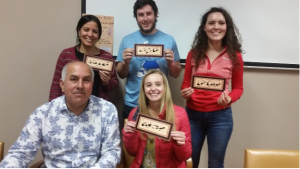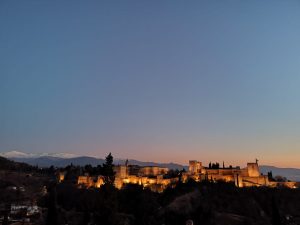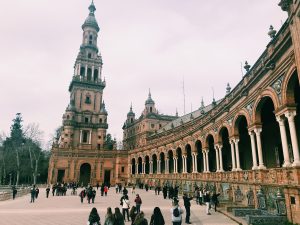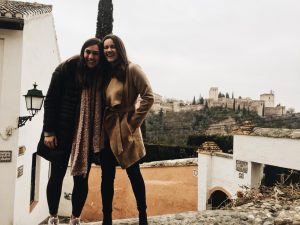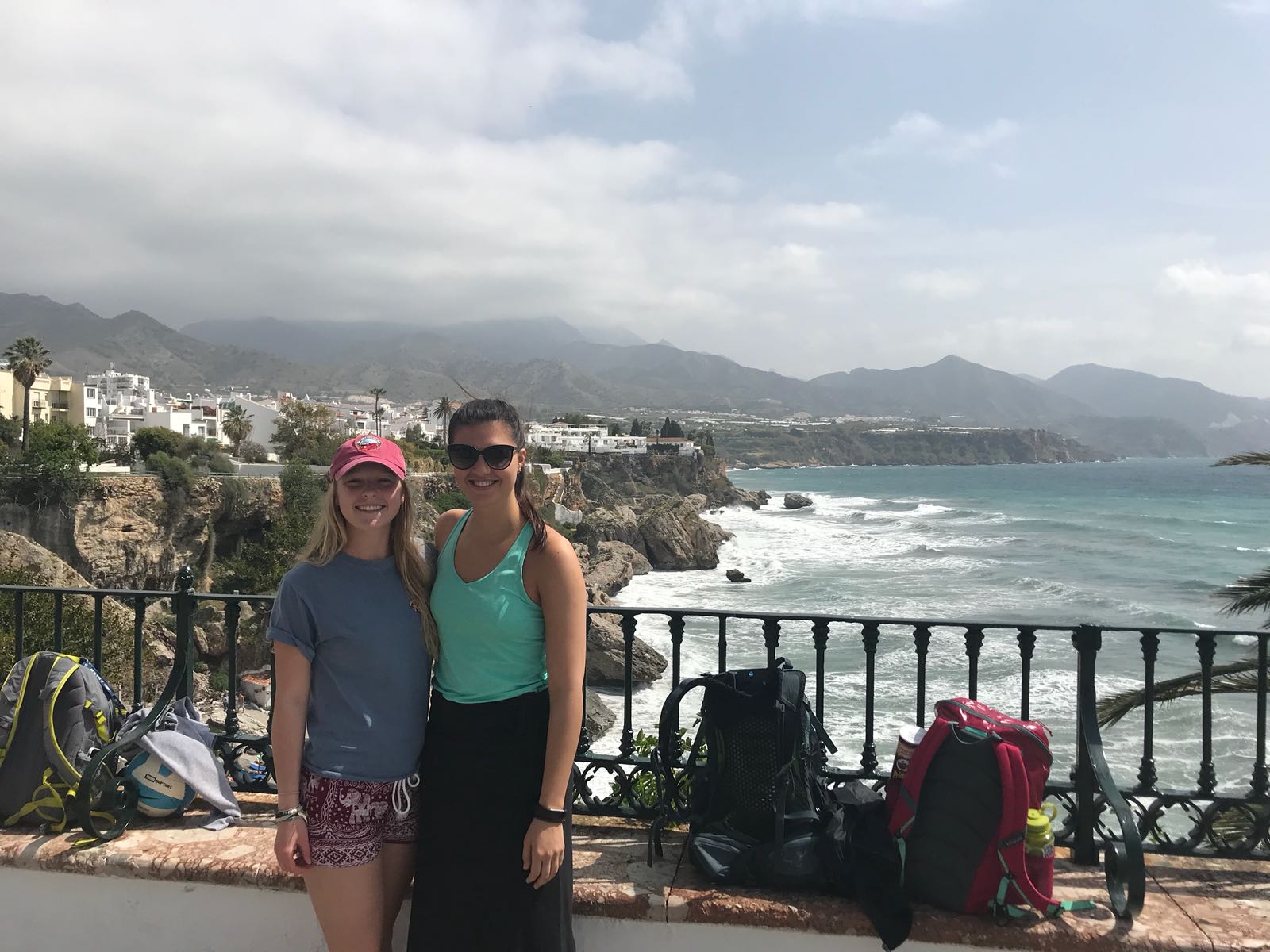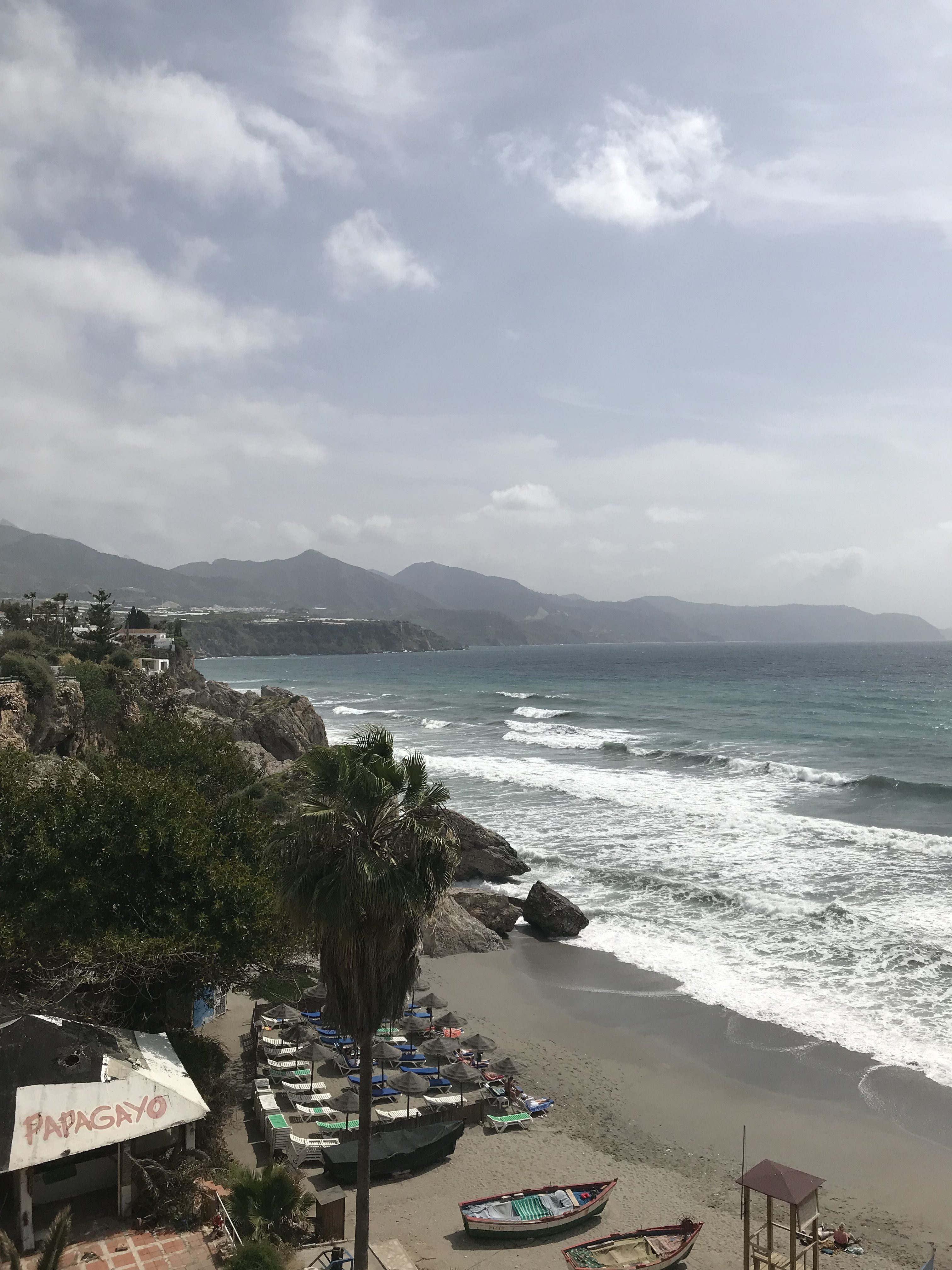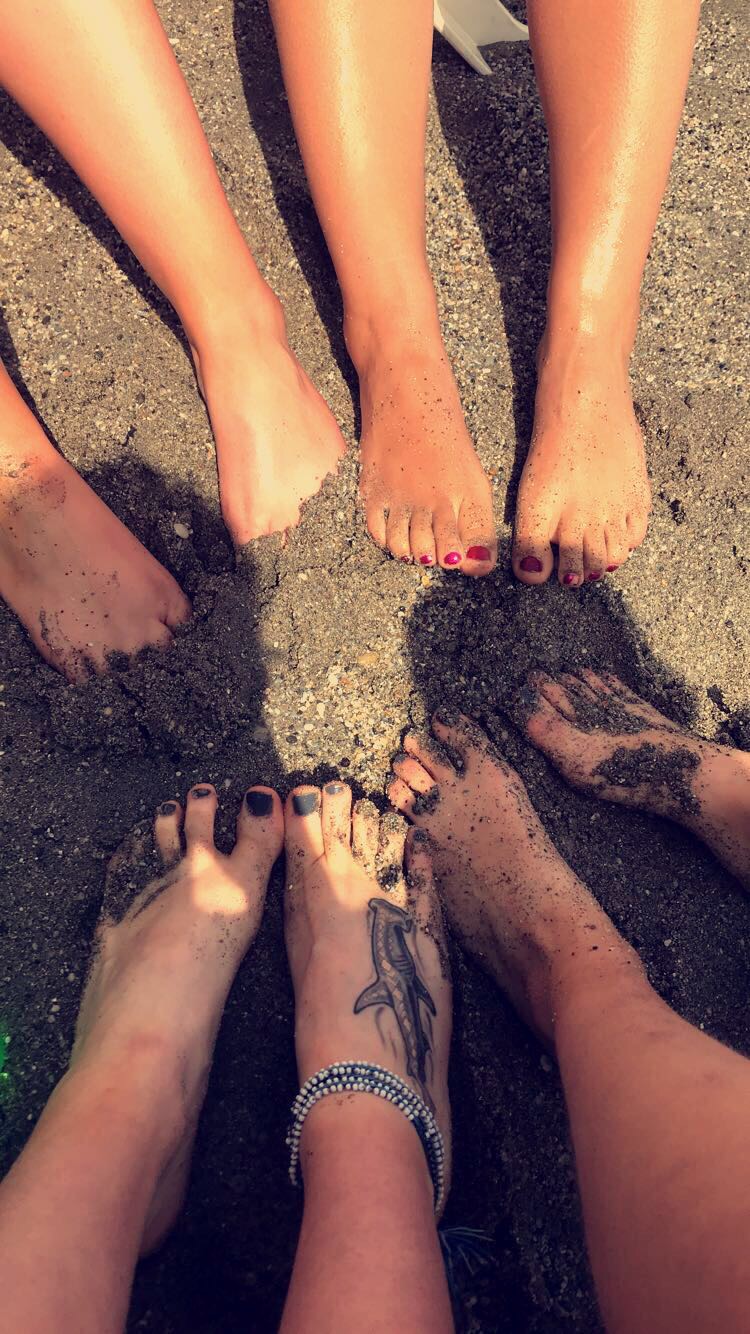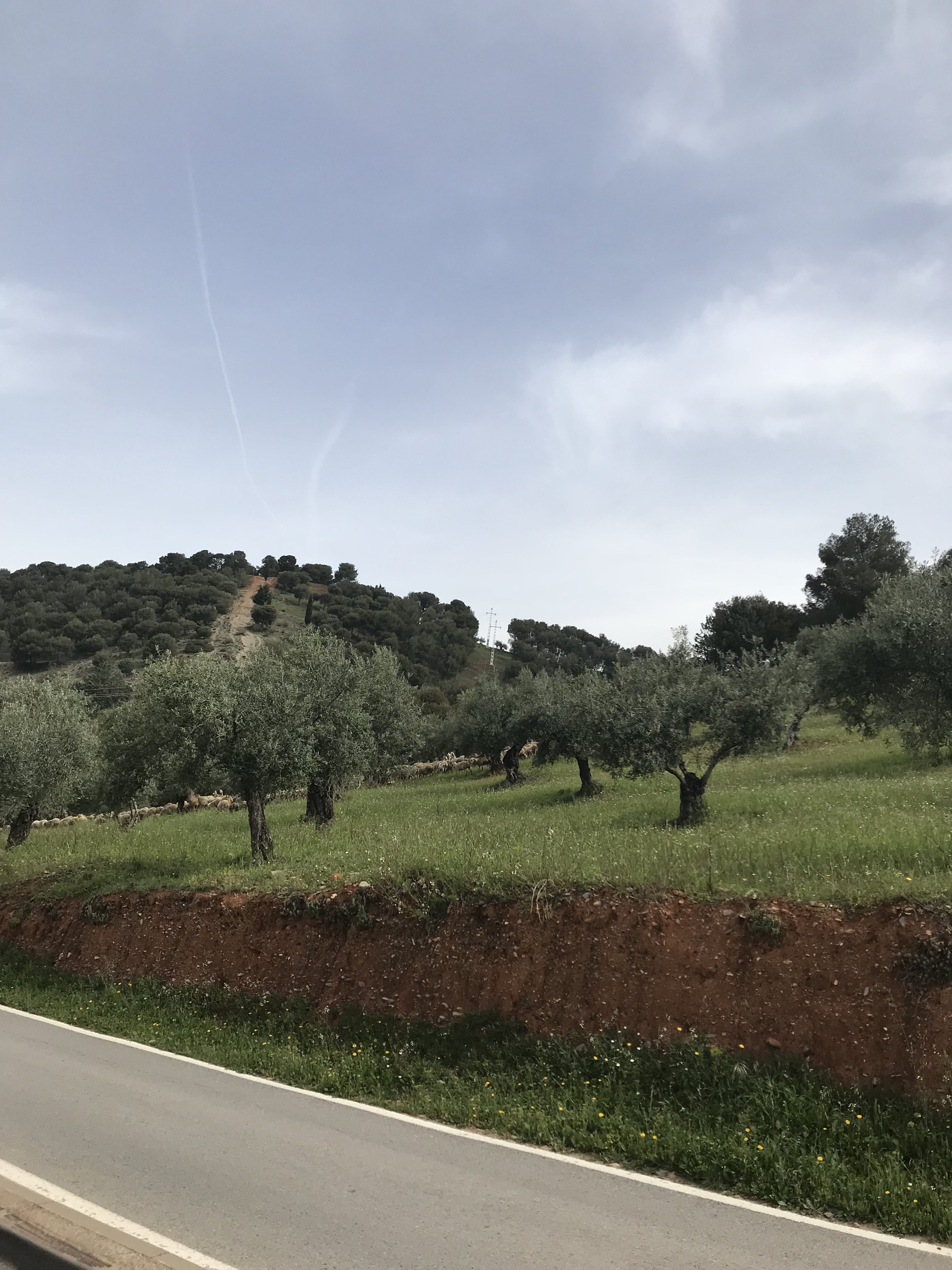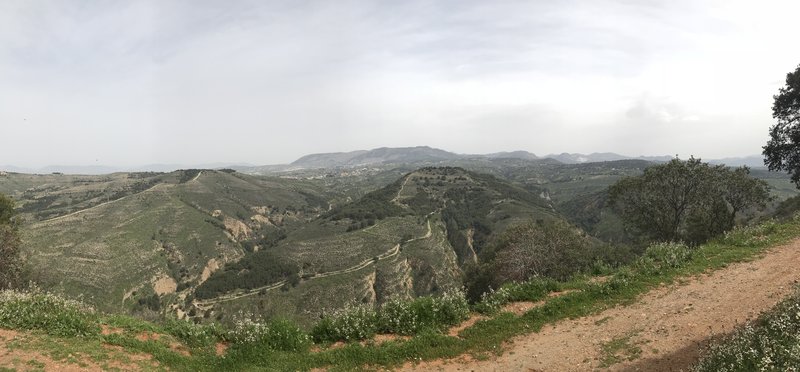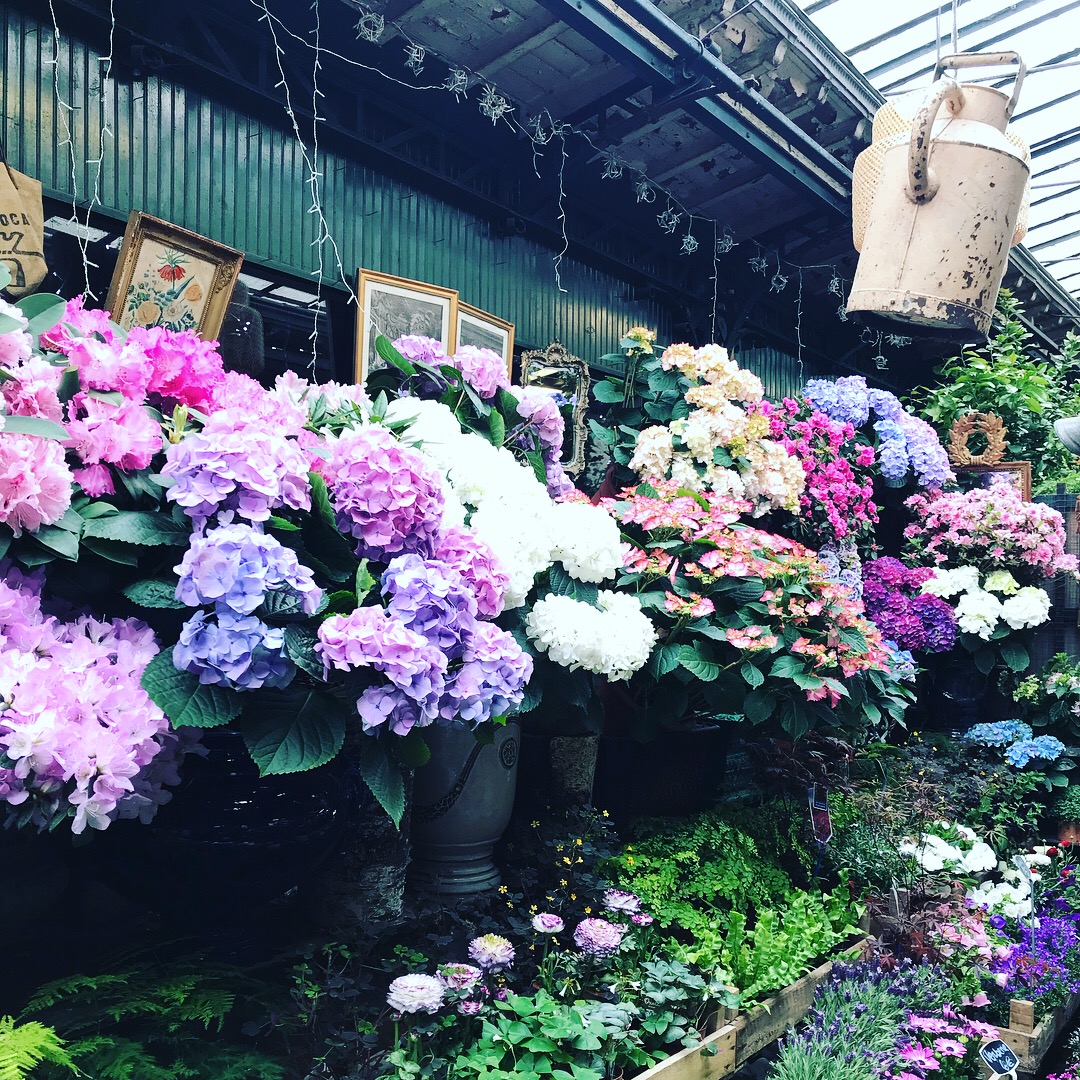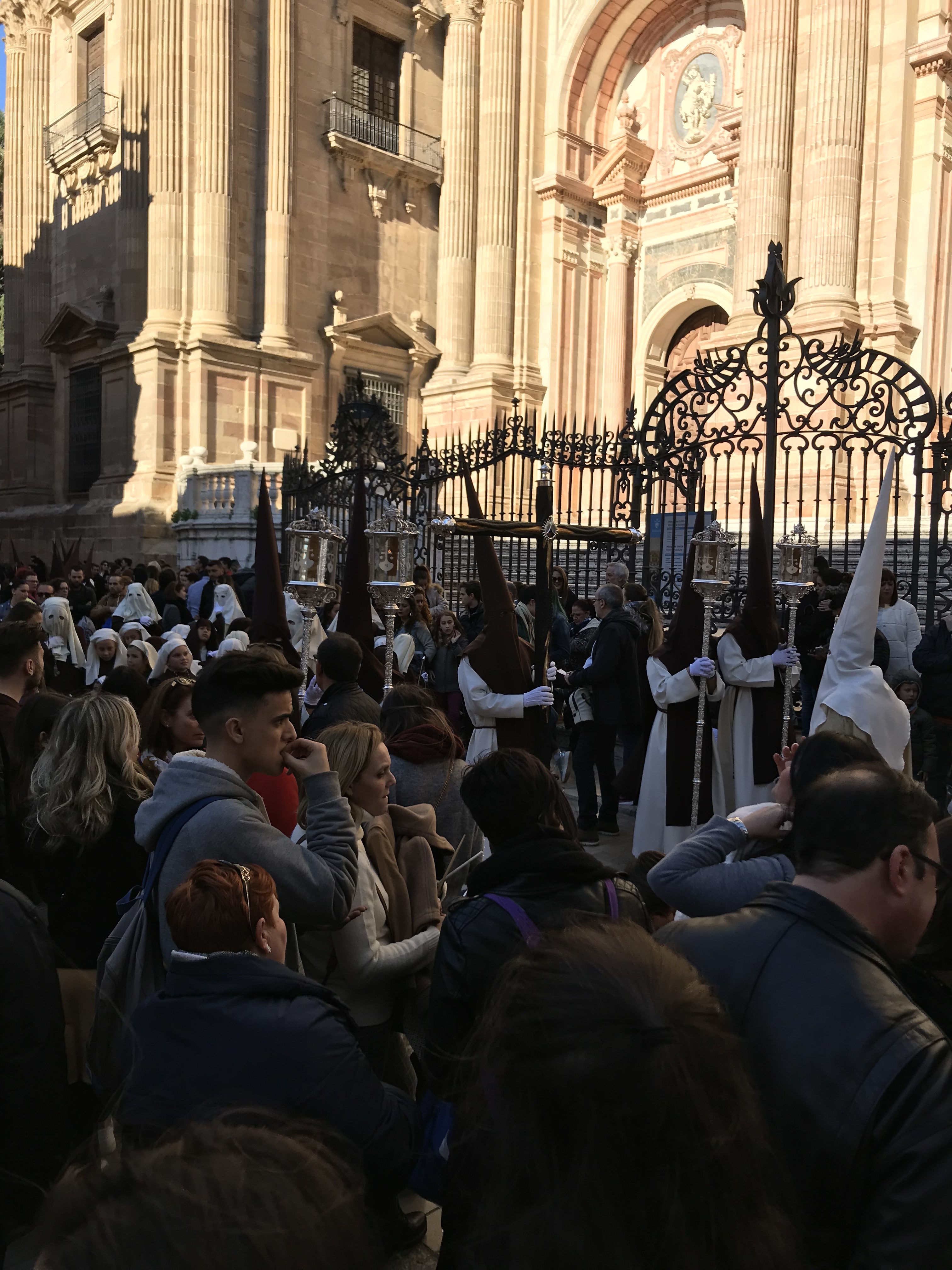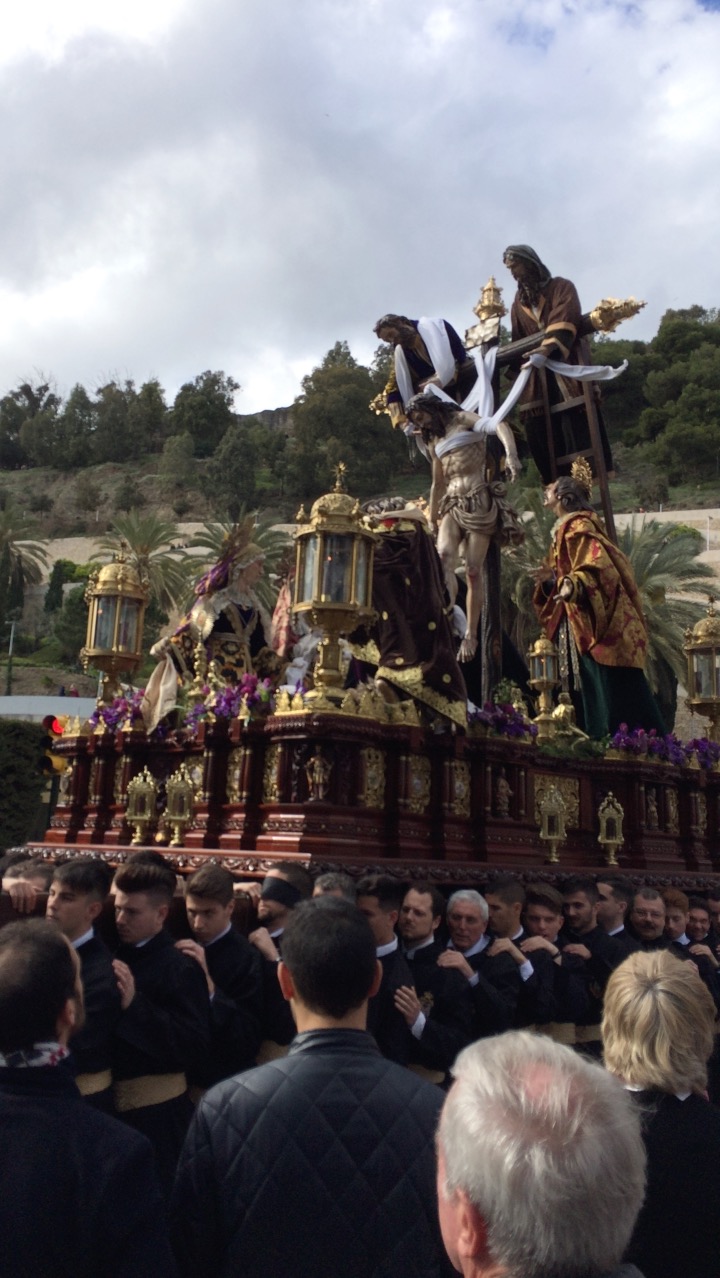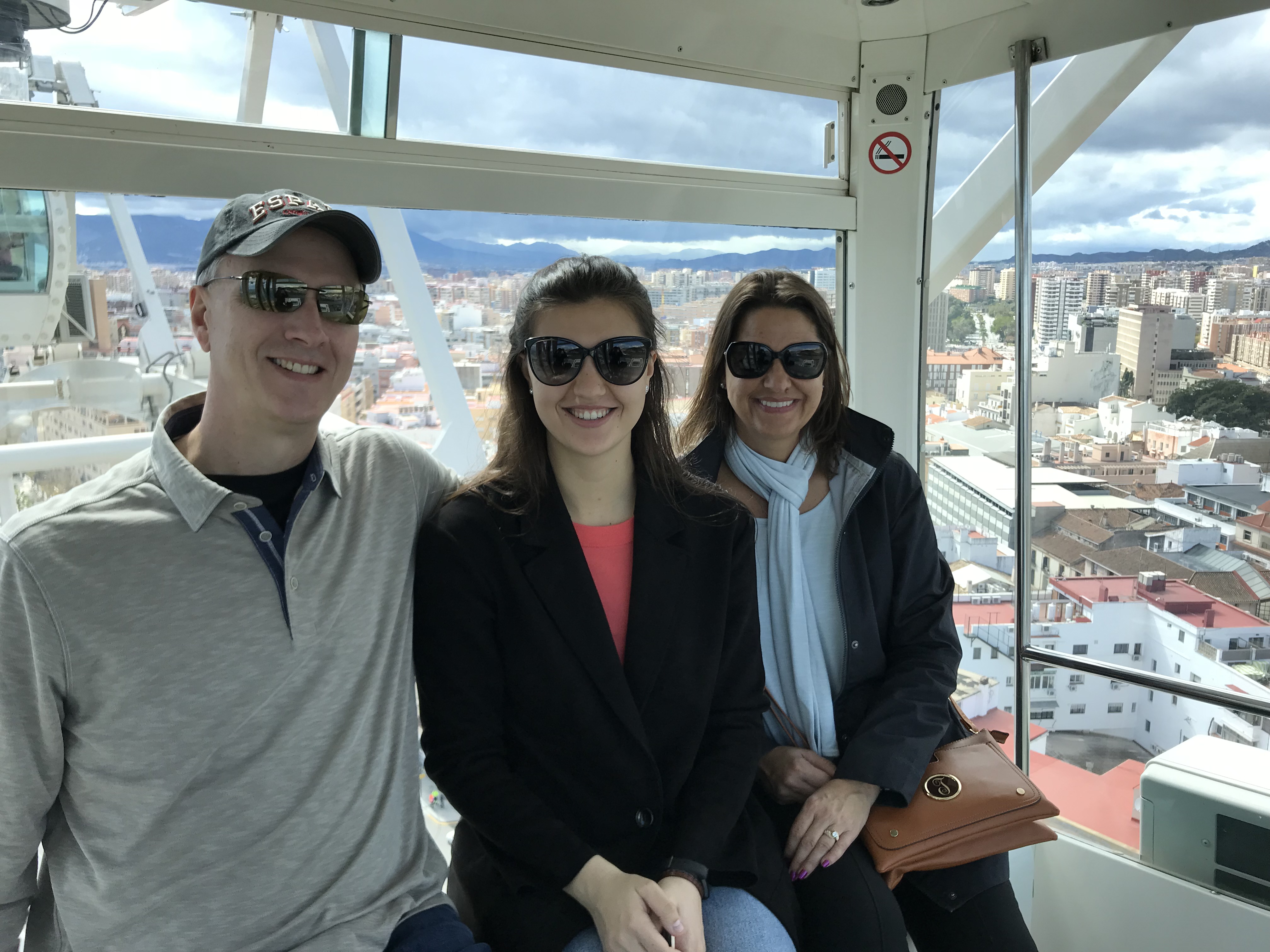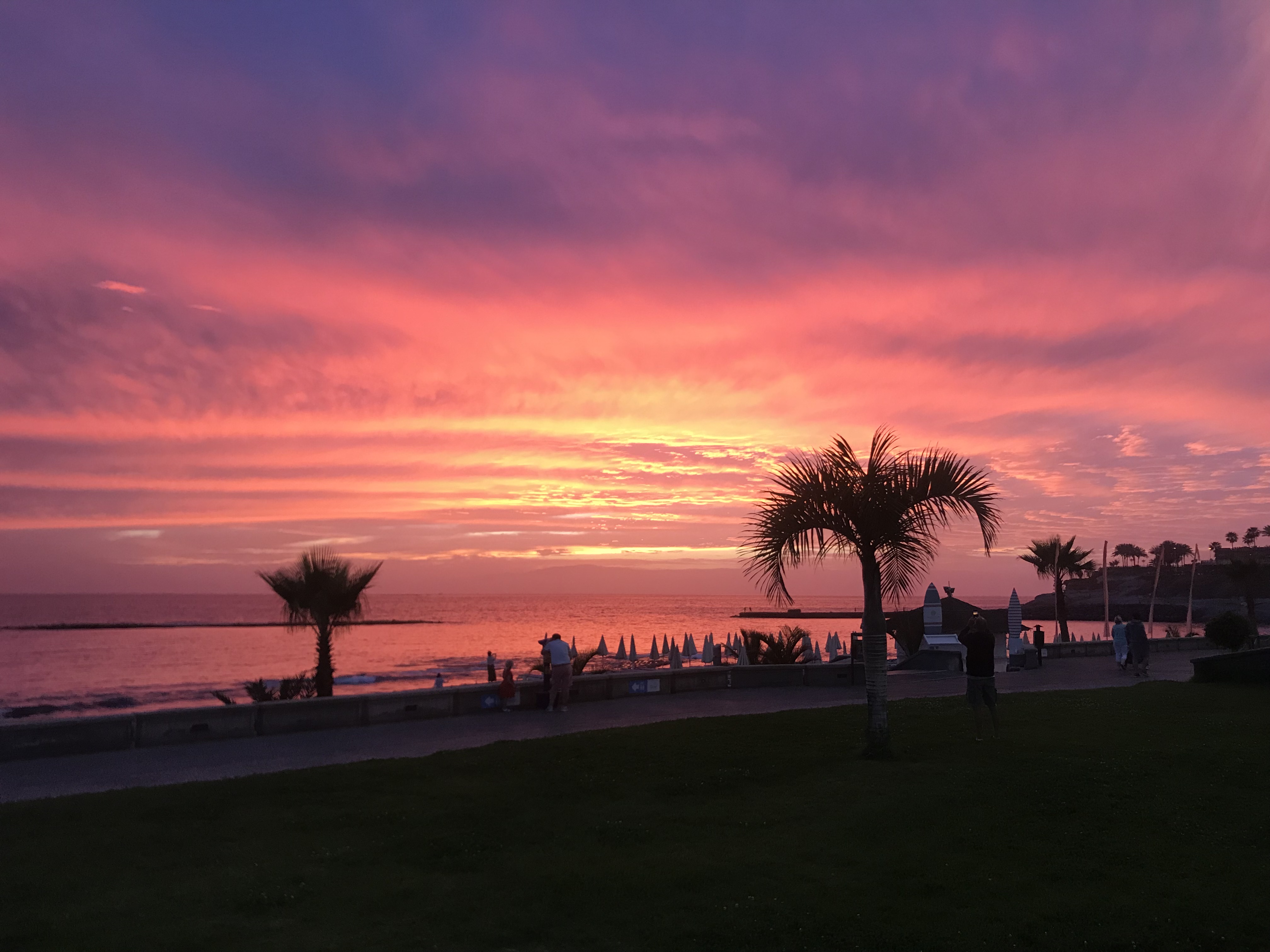Author: Kayla Doyle
Location: Granada, Spain
Pronouns: She/Her/Hers
When I first arrived in Granada, I was super excited but also had a little bit of nerves for the whole process. I was able to arrive in Spain a week early to visit my friend and her family in Madrid, which helped ease me back in to the Spanish culture and language. That week made me more excited to head down to Granada and start my semester abroad. Before arriving in Spain, I had a few goals that I wanted to accomplish during my time abroad. The main goals I had were to become braver/take more risks, determine my passions, and meet more Spanish people. Through the course of the semester, I also developed new goals that I worked on to achieve apart from these three.
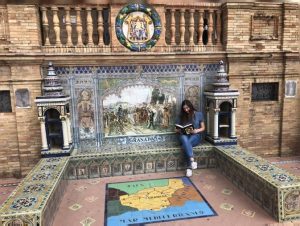
Throughout my semester, I learned a lot about the Spanish culture as I had talked about in one of my previous blog posts. I also learned about other cultures and customs during my time abroad that were unexpected. I noticed differences in cultures every time I traveled to a new country or even cities in Spain. In Rome, I noticed some similarities between Italy and Spain, but also a few differences. For example, in Rome there were a lot of tourists and everything we saw was enormous. While in Spain there are a lot of tourists, but you can see the Spanish people more than you could in Italy. The food was also fairly similar, but Italy had a lot more pizza and pasta, as expected. When I traveled to London for a long weekend, it was the first place that felt most like home. There were differences between some of the words and phrases they used, compared to sayings in the US. My last trip to Dublin, Ireland was very similar to my trip to London in the fact that it too felt a little bit like home. Everything was green and was one of the cities that felt the least touristy and chaotic that I had visited around Europe.
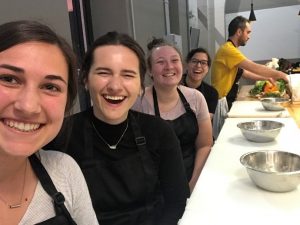
Pasta Class in Rome

Tower Bridge in London
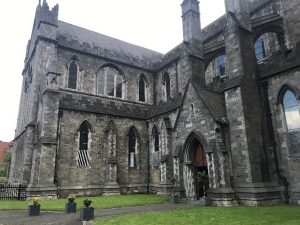
St. Patrick’s Cathedral, Dublin
Overall, I learned a lot about myself and the world through my semester abroad. I learned the way I like to travel and explore new cities. I like to see the touristy things quick and then explore the surrounding neighborhoods slowly to be able to see the deeper culture and people behind a city/country. I also became confident in my Spanish skills while studying in Spain. I feel like I mostly improved my speaking skills by solely communicating in Spanish with my host family and the Granadinos. I learned how to do things on my own, without the help of an adult during my time here. For example, I managed to plan all of my trips by myself or with friends, to maneuver new cities, and to get an internship for the summer that took a lot of time and effort, but payed off in the end.

For my goals for the semester, I believe I achieved just about every one of them throughout my time abroad. My first goal that I continually worked on was to determine what I am passionate about. A few of my biggest passions I determined are first that I like learning about the history of food and dishes specific to certain counties. Next, I learned that I love to work with kids and learn about different countries and cultures. Another big passion of mine is sustainability, but more with a focus towards the perspective of a business. This was one of my goals for the semester because in the future I would love to start my own non-profit business in Central or South America, but I did not know what I wanted it to be because I was still unsure about what I was passionate about. After, deciphering some of the things I am passionate about I have a little better idea of what direction I want to take with my future business.

For my second goal of becoming braver, I feel like I made a big stride towards this while in Granada. I definitely tried things during my time abroad that I would not have done before. I took more risks than usual and it resulted in experiences I wouldn’t have had if I hadn’t taken those risks. I became more independent. It helped that there weren’t any adults to do things for me. This experience gave me a new level of confidence I hadn’t had before. As for my last goal of meeting more Spanish people, this was one area I wish I pursued more throughout my time here. I met people through the program in Granada with our Spanish partners and the weekend activities we had with them. Also, just meeting and talking to different Spaniards in cafe’s or little shops.

As for advice for the future traveler abroad, I would definitely come with an open mind. You will probably experience things throughout your time that are different for you and may seem weird, but just be open to the differences in culture. I would also say to take advantage of every moment and say yes as much as possible. You don’t want to leave your semester abroad with regrets. Even if it means that you can’t watch the latest Netflix movie. And most importantly have fun! This is going to be something that I will remember for most of my life. Just having the opportunity to be abroad and learn about the Spanish culture as well as becoming familiar with other cultures around Europe through my travels.
